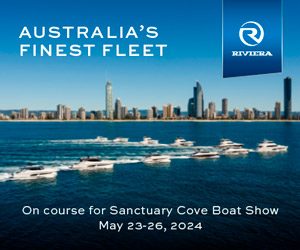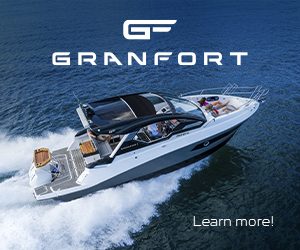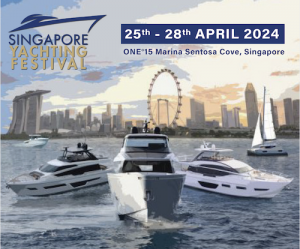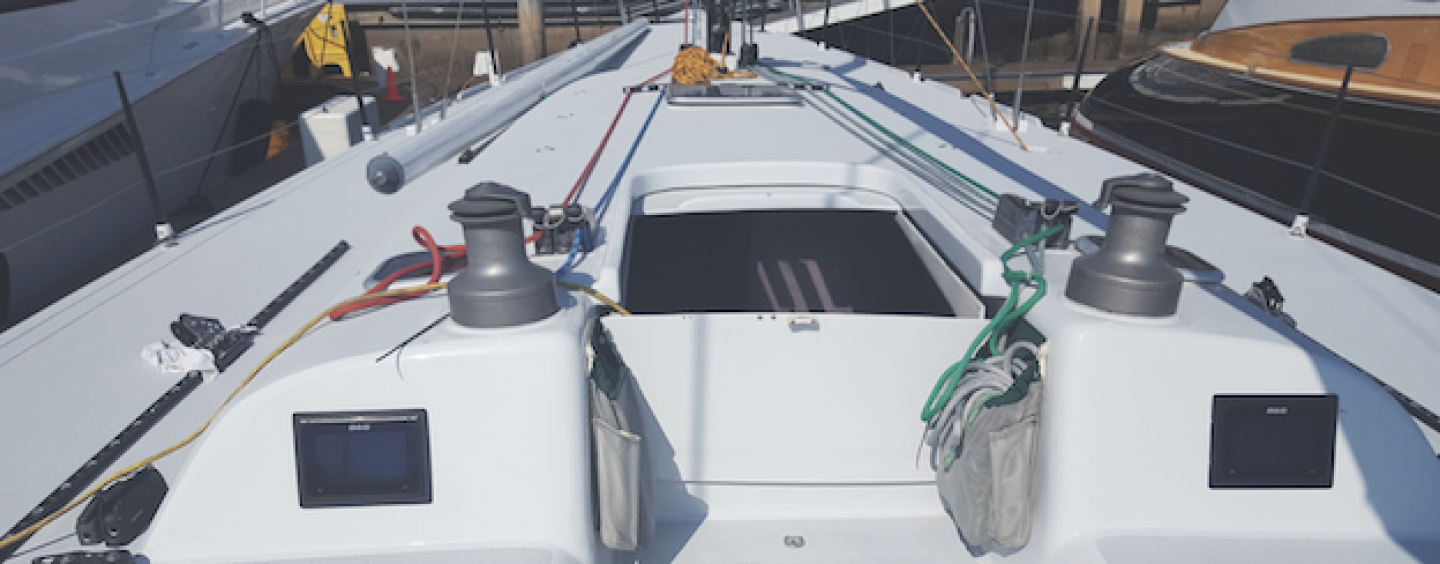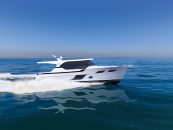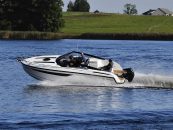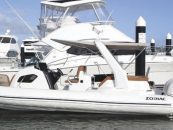As a boatie, at some point in your life, you may need to utilise the services of a marine surveyor. In particular, you should call on these specialists when you are buying a vessel and need to get a comprehensive condition survey completed to ensure a boat is a safe buy.
One Queenslander with more than 50 years of experience in this field is Terry Davis. Terry is a naval architect and an AMSA-accredited marine surveyor who handles projects such as commercial and private vessel surveys and valuations, new construction inspections, and sea trials and stability tests on new and existing boats. He also conducts crew training, completes vessel design consultations, and is involved in boat-building contract evaluation and advice, and construction supervision and reporting, among other things.
Terry is the marine surveyor for the Volunteer Marine Rescue Association, Inc. and works with the Australian Volunteer Coast Guard. He has also worked internationally over his many decades in the sector, with time spent in countries such as Egypt and the Philippines.
When asked what keeps him in the field, and what he enjoys most about being a surveyor, Terry identifies that he is never bored. He says, “After all these years of participation, I still find the marine industry interesting, challenging, fulfilling, ever advancing, and never dull.”
While many boaties have not considered hiring a marine surveyor to assist them, people like Terry, qualified and experienced in the area, have a lot to offer. “The key benefits for prospective boat buyers, who hire a marine surveyor to inspect a vessel and carry out a survey, is that any problems or failures in the construction and systems of a vessel are found,” says Terry. “We ensure the vessel is seaworthy and safe.”
Terry notices that when buying a boat, whether new or used, boaties often repeat the same kinds of mistakes. “A lot of buyers do not engage a marine surveyor to inspect a boat prior to their purchase, but later find serious problems,” he says. “People then hire a surveyor to try to solve their problems, which can sometimes be disastrous and very costly. Buyers should be aware that sellers sometimes attempt to hide or cover up issues; they’re trying to unload the vessel on an unsuspecting buyer. It’s always a case of ‘buyer beware’. Boat repairs are always reasonably expensive, so it pays to make sure the vessel you buy is in sound condition.”
When surveying recreational boats, Terry encounters a lot of the same problems. Each boat type tends to have its own common drawbacks. He notes, “With GRP (glass-reinforced plastic, aka fiberglass) recreational vessels, the big issues are osmosis and/or delamination of the hull, and structural cracking. Plus, often the exterior surfaces are badly affected by a lack of maintenance, which means the gelcoat has to be recoated with a urethane paint system.”
When it comes to aluminium boats, Terry says, “The big issues are crevice corrosion, plate and structural cracking, and weld cracking or failure. Also, with painted boats, you can find bubbling under the paint system.” As for steel boats, rust is the main issue. Terry says, “Steel boats mainly present with rust problems and paint deterioration, rather than structural failure.”
Wooden boats, on the other hand, are usually harder to insure because of their pitfalls. Insurance companies are often reluctant to insure wooden vessels, especially those over ten years old. Terry explains, “The key problems that show up with these types of boats are worm infestations under water, and dry rot above the waterline. Also, general leaking problems are common.”
Laws and regulations in the marine industry change over time, so both boaties and marine surveyors have to stay up to date. “Currently, state marine authorities are looking more closely at the building of recreational boats. They want to ensure the vessels meet minimum standards, especially for reserve buoyancy, safety equipment, and the licensing of drivers,” states Terry. Changes are also happening with commercial vessels and how they are regulated. “These vessels now come under the jurisdiction of the national authority, AMSA.”
Terry believes there are pros and cons to the new laws. “Some of the changes and new rules are good, and some are not so ideal, so it will take some time to sort out, with the input of the industry.” There is one update in particular, though, that Terry has concerns with. “The AMSA is making it more difficult to upgrade grandfathered boats to either a higher class or to increase the complement numbers,” he declares. “Really, AMSA would like to phase out the Grandfather Clause so the industry is all on the same level, working under the same rules.”
However, there is an upside. “The positive development lately has been some relaxing of the requirements for inshore and smooth water vessels. Plus, there’s the Exemption 40 rule for small fishing vessels and work boats. In general, I believe AMSA is genuinely trying to make commercial vessels safer for the public.”
Whether looking at recreational or commercial regulations, Terry sees that there will be commonality going forward. “In general, it’s all about safety at sea and preservation of life in case of emergencies, as well as the proper training of operators.”
To find out more about Terry’s services as a marine surveyor, contact him by phone on 0428 664 306 or by email at TDMarineSurveyors@bigpond.com
By Kellie Byrnes
Published in the Jan-Mar 2020 edition.


